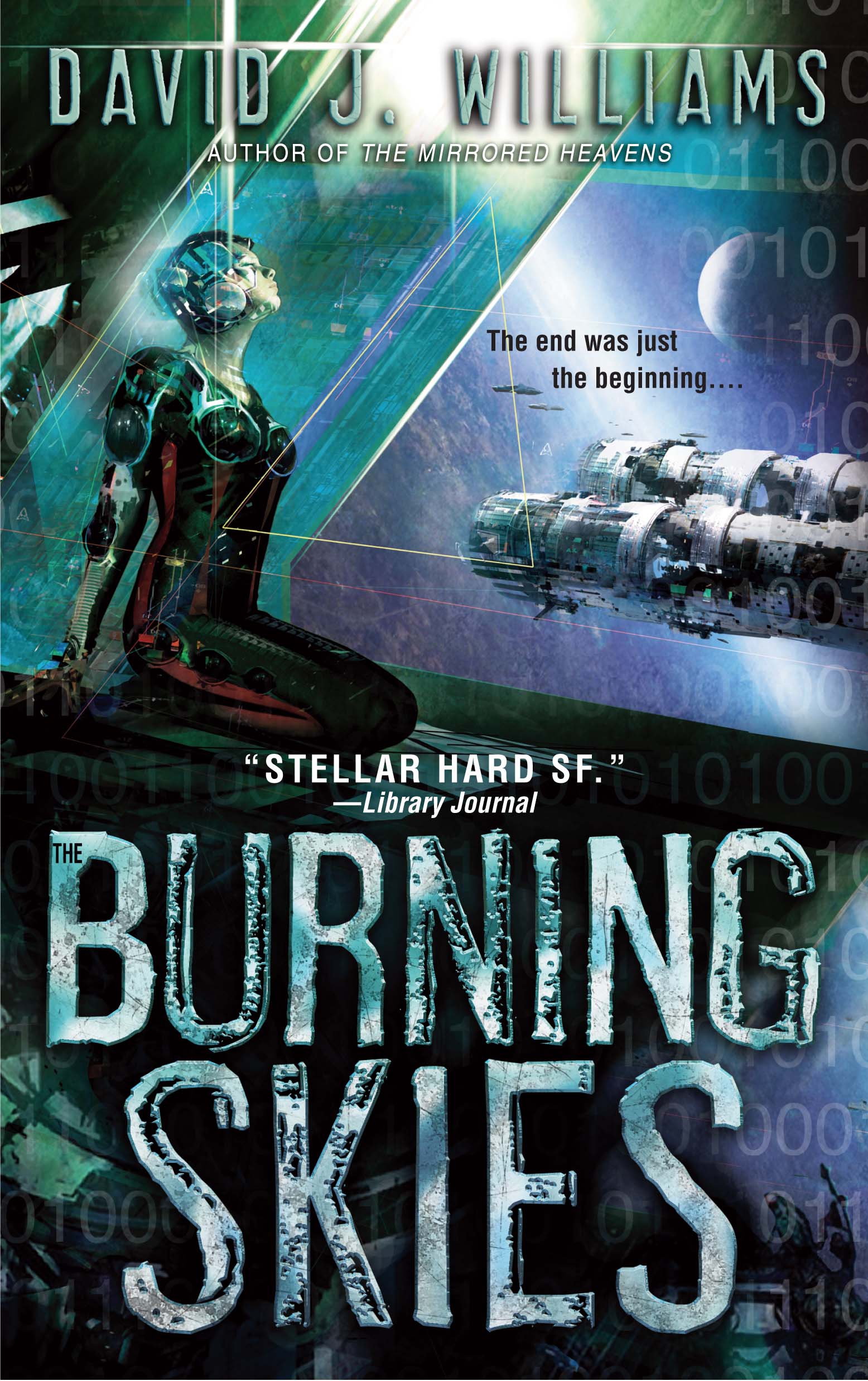The BSG finale: “Ever get the feeling you’ve been cheated?”
Friday, March 27th, 2009(CONTAINS SPOILERS)
With the pressure mounting, Ronald Moore did what most of science fiction’s high-profile series-builders have done: he choked in the clutch. Sure, the conclusion of Battlestar Galactica was spectacular, with plenty of moments to remind us of what made this franchise the most compelling of the decade. . . but it was nonetheless still deeply—massively—flawed, in so egregious a manner that you can only wonder what the fuck he was thinking (besides licensing agreements and royalty checks).
Usually when narrative arcs fall apart, we get deus ex machina. This time we just got deus. Battlestar Galactica’s rebooting tried in so many ways to hold up a mirror to our own culture; in so many ways it succeeded, and this was certainly one of them. Back in the year 2009, our world is moving out of control, and all we seem to be able to do is hope (however explicitly/implicitly) that God will save us from the results of our own decisions—or that the worst and most irrational of those decisions will turn out to be, miraculously, What God Really Fucking Wanted All Along.
There’s a name for this kind of thinking: infantile. Moore promised more, and we deserved better. Particularly problematic was the anti-science back-to-the-land meme that engulfed the ending. Again, an apt reflection of our own time—a kneejerk reaction against the technology that threatens to overwhelm us. In our current crisis, science-fiction is the only genre that offers the scope we need to navigate our way forward. Last Friday, we saw the genre stumble toward wish-fulfillment fantasy. The scale of the missed opportunity is nothing short of breathtaking.






